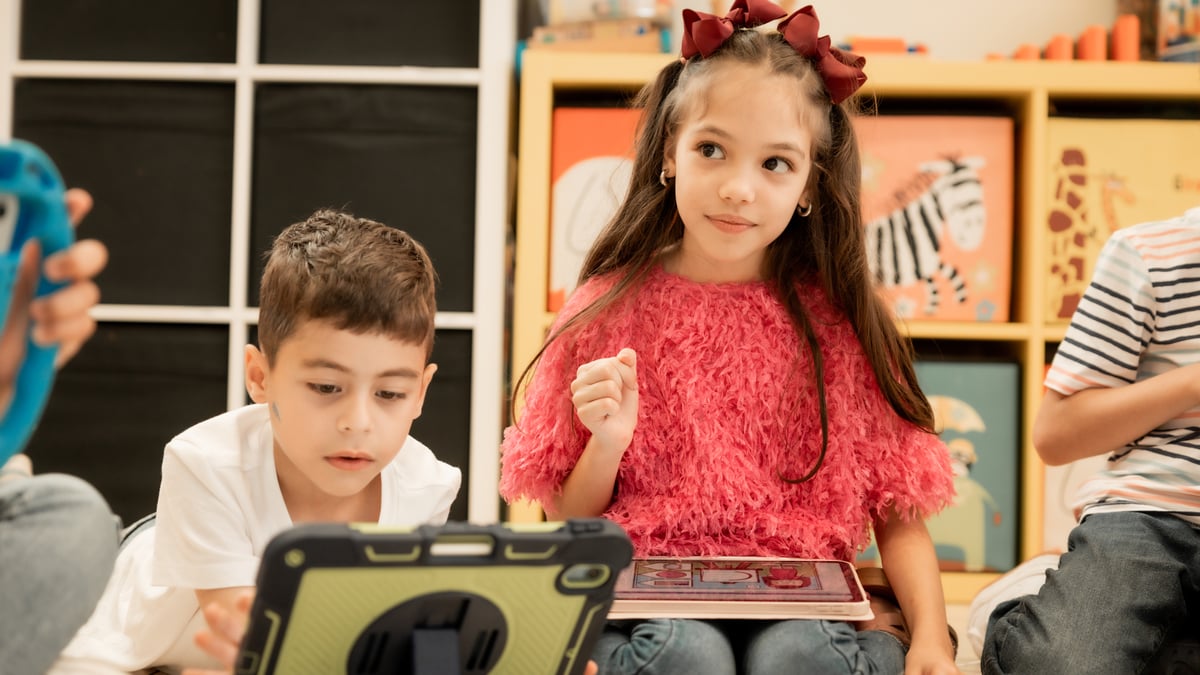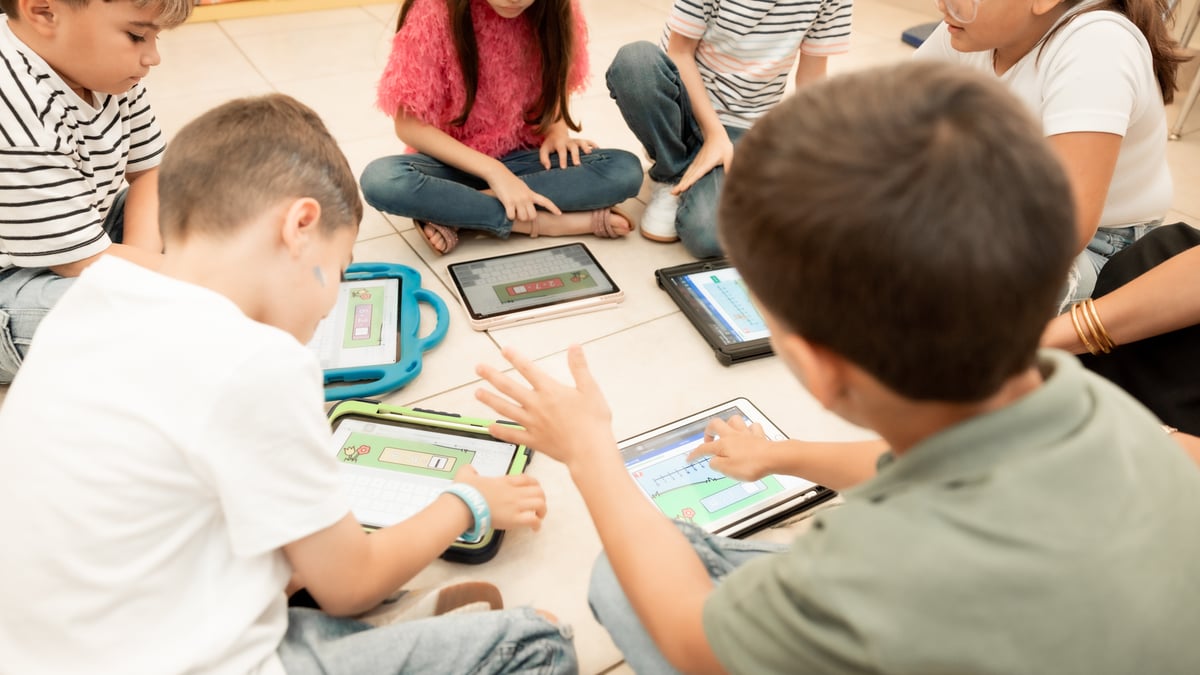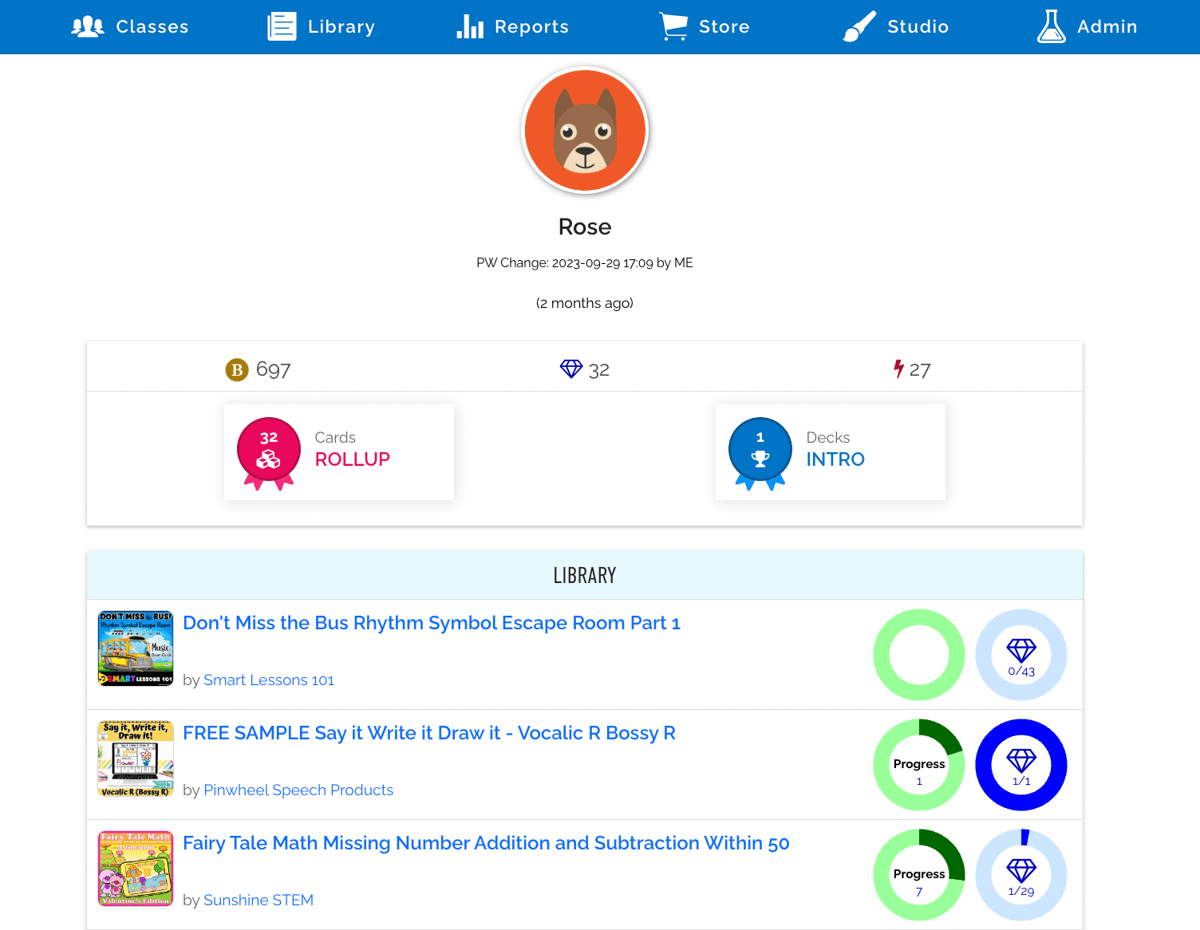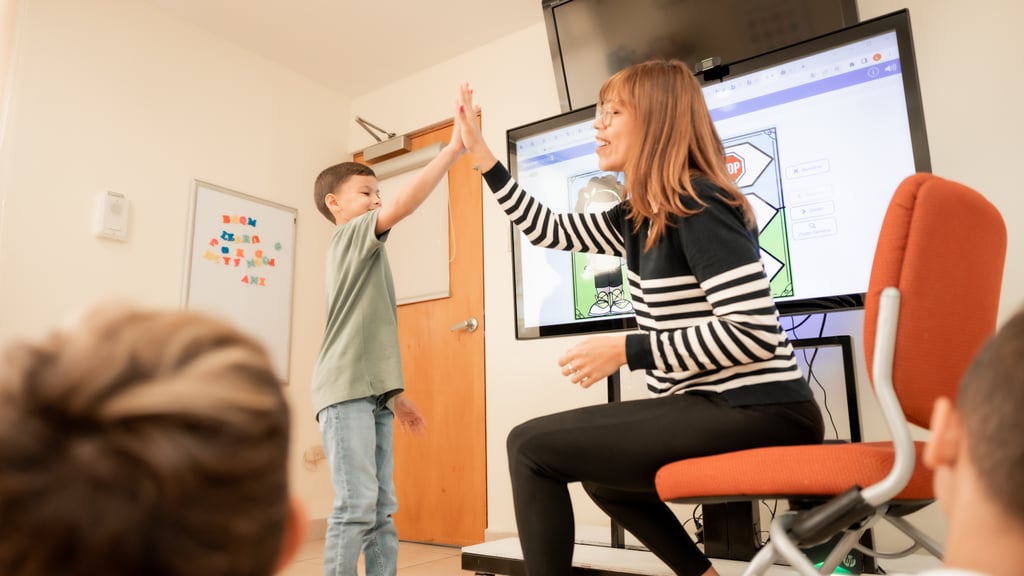
Happy New Year! The holidays are over, and it’s back to school time. Is your class ready to settle into the new year? Reengaging students is one big challenge teachers face once the holiday break is over, but it’s far from the only one. As classroom teachers, we all know these struggles are coming, so here are a few things to remember while starting off the new year.
It’s hard for students (and teachers alike) to go from a relaxed and undisciplined holiday break to a demanding daily grind. Remember that your students may be sleep deprived from later nights around New Year’s Eve—and maybe they’re not the only ones! Start off the new year with activities that ease them back into the swing of things.
Transitioning Back to a Routine
After the festive break, students might find it challenging to shift back into an academic mindset. Regaining focus on studies and transitioning back to structured routines becomes a priority. Teachers often have January plans to help with the adjustment period, which include the following:
- Revisit your classroom contract and reestablish classroom rules, norms, and expectations.
- Allow students to add a few new rules to the class contract.
- Remind students of the consequences for disregarding the rules. Consistently enforce consequences (do NOT slack on this one). This can be rough for a few weeks, but they’ll get the hang of it if you’re consistent.
- Maintain consistent and clear rules that you and the kids have come up with.
- Gamify good behavior. Some teachers have behavior bingo, some have Mr. Bushwell Bucks, some use a point system, others a reward system competition with other classes. You can be as creative as you want or borrow from fellow educators. Kids like to be recognized and rewarded for good behavior.

Questions to ask ourselves if consequences aren’t working
What is the function of the behavior the student is displaying? Are they seeking attention (don’t fall for this), or are they displaying avoidance? Why? Do they not understand the material? Are they overwhelmed? If the consequences aren’t working, there’s a reason.
Troubleshoot when behavior is out of the norm. Involve other teachers, counselors, parents, and admin early on to help contribute to a solution.
Review and Reteach
Teachers often need to review earlier material to refresh students’ memories of academic topics after an extended holiday break. Doing this relieves stress on the students and gives everyone a chance to begin on a high note. Here’s a prefix/suffix Boom Cards trivia game that I would use to review English Language Arts concepts!
Manage Energy Levels
Winter months are often dark, void of sun, and a time of decreased energy levels for students and teachers alike. Keeping high energy and enthusiasm takes intention and preparation. Empathy, along with the use of engaging and purposeful activities, works best. Try a more social activity, or game, and get students up and moving, engaging in discussions, collaborations, etc. (Save the low-energy activities, like movies, for May!)

Weather-Related Issues
We more frequently experience disruptive weather events this time of year, and January is a month that often brings harsh conditions that lead to school closures. Have an assignment make-up plan for inclement weather and share it with your students.
Grading and Assessment
For most schools across the United States, January either marks the end of a grading period or the start of a new one. If you land in the former group, remember to schedule extra time for yourself to chip away at grades, assessment, and feedback. Some educators provide grades for over 100 students. Pace yourself. Don’t expect to sit down in one afternoon and finish grading.

Balance Curriculum Requirements
It’s often tough to balance the need to review and reteach with your scope and sequence and the need to move forward in the curriculum. This can cause unnecessary pressure on teachers. Anticipate this being the case and have extension work ready for early finishers, as well as scaffolding assignments for those who need extra support. Organize your activities and assignments for January with a specific focus on differentiation for individual student needs.
Motivating Students
Furthermore, in addition to recognizing students with more formal rewards, one of my favorite things to reward students with is trust. Good behavior in my classroom earns a student trust to do things they normally couldn’t do, like sitting in the back of the room (oooh, this is a good one and coveted by 7th graders). I also offer other informal rewards, like running things to the office, classroom manager duties, attendance taking roles, making decisions (should we go outside for class or watch a film?), and more! Trust and freedom go hand-in-hand because mutual trust is what opens up the classroom to greater freedoms.
Managing Your Personal Well-Being
Just like the Southern saying, “If mama ain’t happy, ain’t nobody happy,” the same goes for educators and their students. If YOU aren’t happy, your students won’t be either, so take extra care of yourself this winter. Be aware that the balance between moving forward and reteaching older concepts can be tricky, so give yourself some grace. Know that sleep schedules will be off and, in many parts of the country, the daylight won’t last as long as we’d all like. Remember that winter can be depressing sometimes. Anticipate these things, and they will cause less frustration. Prepare early so that you can relax when you need a break.

Flexibility, creative solutions, patience, and empathy for yourself and your students are key after winter break. With a little preparation, awareness, and a positive outlook, you CAN overcome most of the post-holiday challenges that teachers face.
Here’s to a thriving, prosperous, and Happy New Year!
